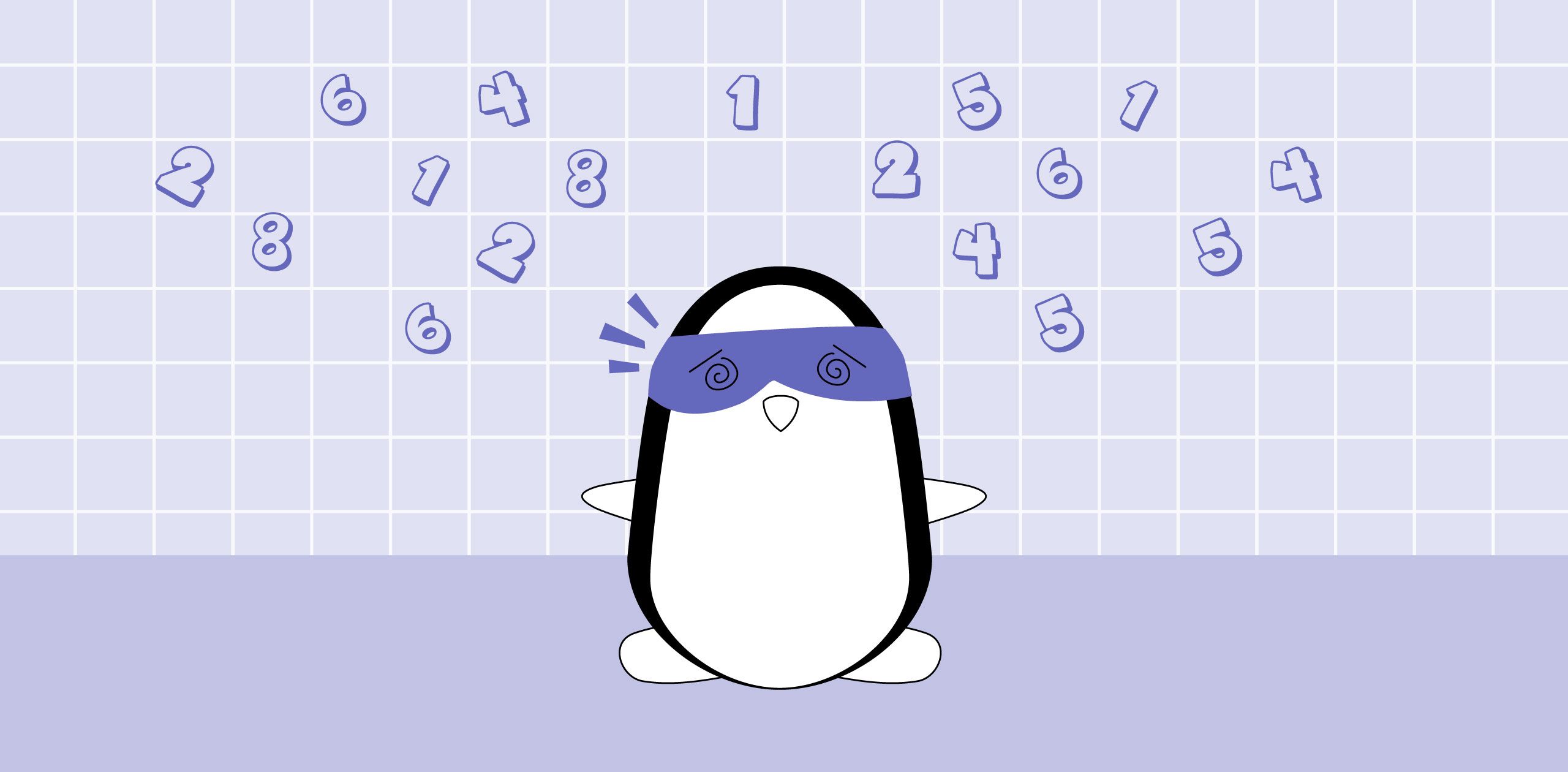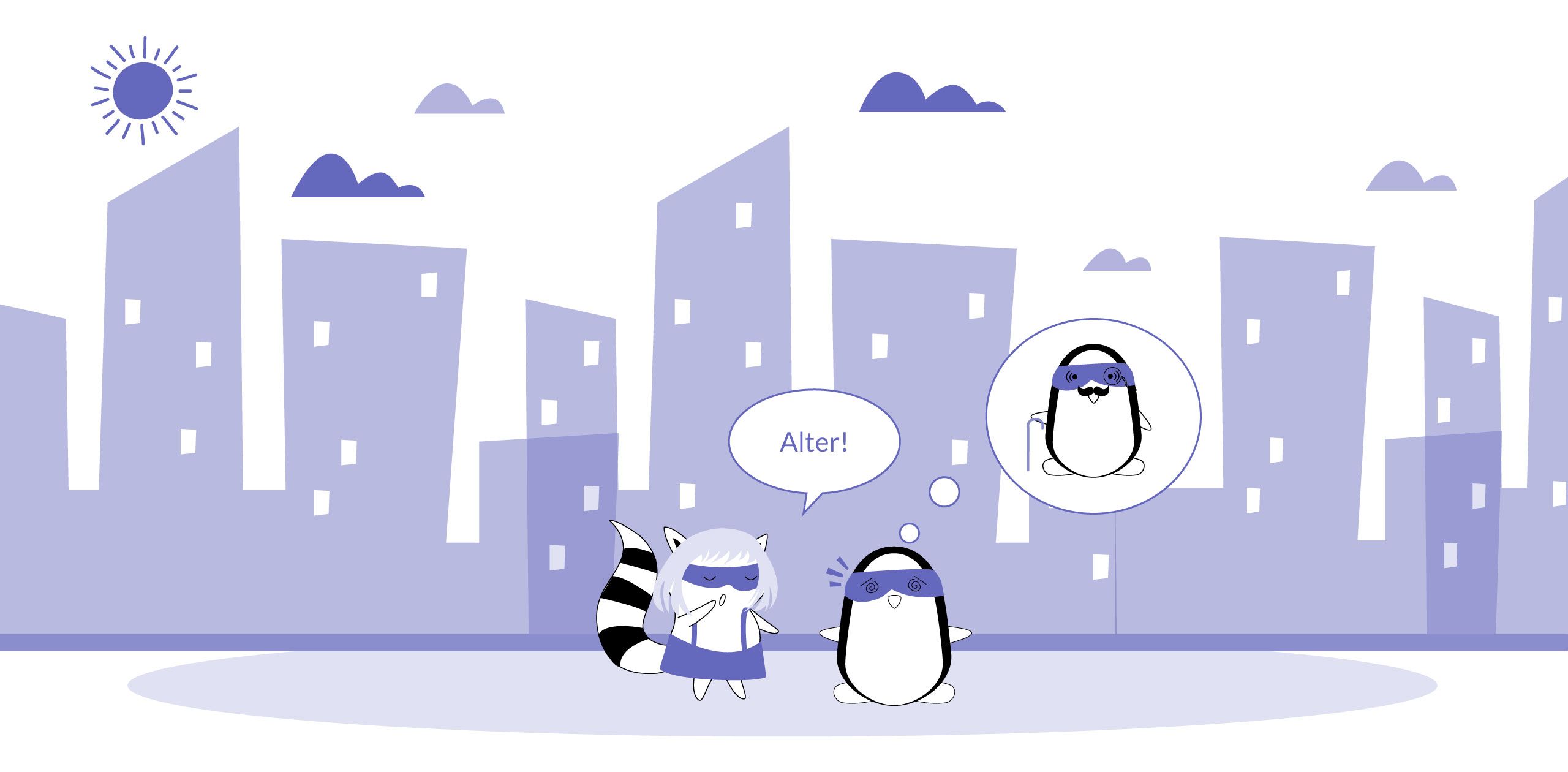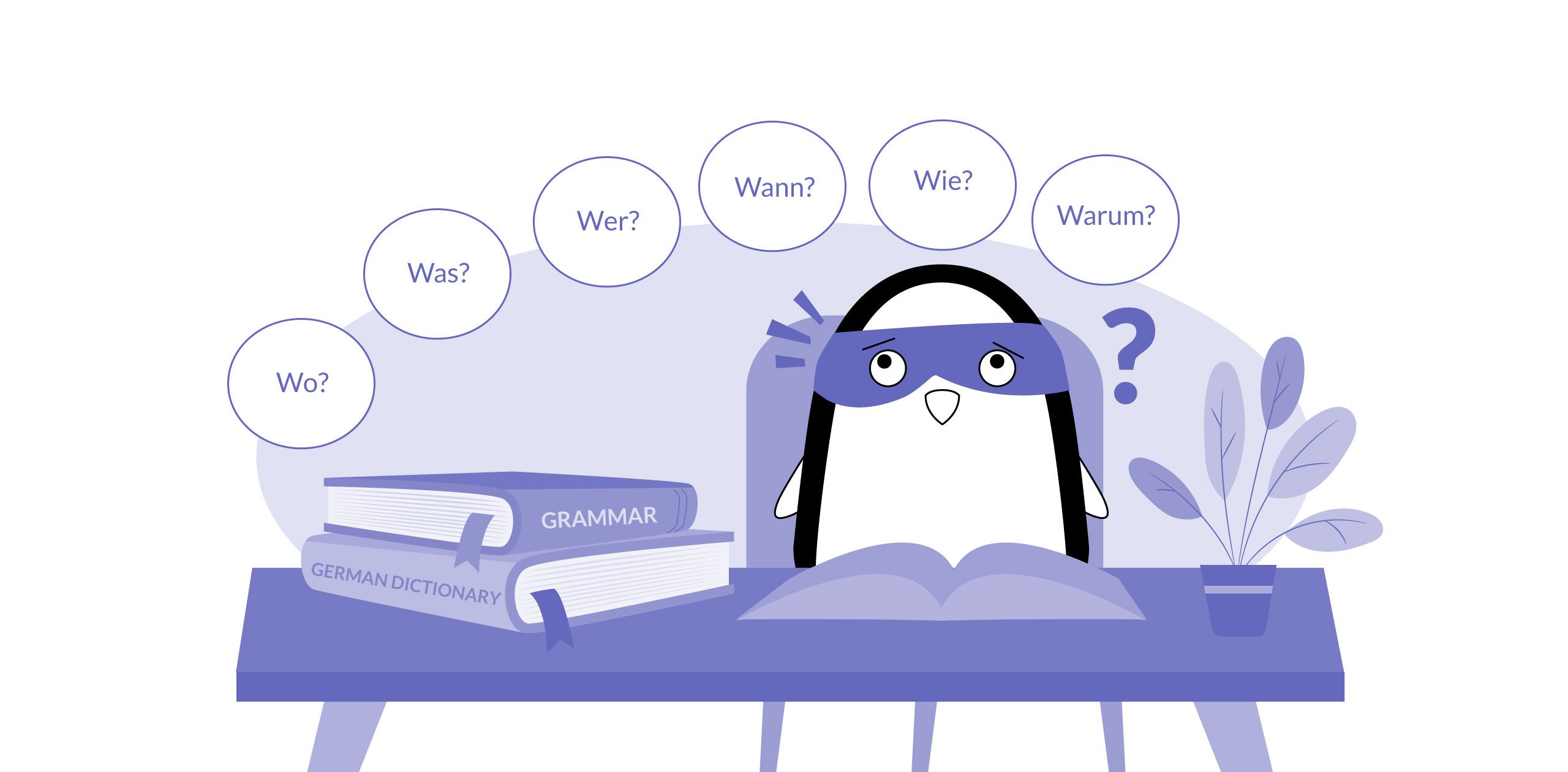
In any language, asking questions is a fundamental way to get information. In German, just like in many other languages, there are specific words that are used for asking questions. But, even though they can be used similarly to the English ones, there are still some confusing issues when it comes to forming questions in German.
Don’t worry, though – once you get the hang of their structure and learn the basics of creating German sentences, the process will become pretty straightforward. And then, the more you practice, the quicker you will master the usage of German question words.
To make your learning journey a bit easier, we’ve prepared this short yet comprehensive guide. Explore the topic of German questions with us in the article below – and learn the basics of how to use them.
Learn German with Langster
Was?
The question word was is one of the most commonly used words in German for asking questions. In most cases, it replaces the English word “what.” For example:
German
English
Was machst du hier?
What are you doing here?
Was hast du gemacht?
What did you do?
Just like in English, “what” in German can also be used as a relative pronoun. In that case, it will be a word that links two clauses together. For example:
German
English
Das ist das Haus, was ich gesucht have.
This is the house that I was looking for.
Note that all German words start with the letter “w,” which is pronounced just like “v” in English.
Wer?
In German, the question word wer is used to ask about someone and is equivalent to the English word “who.” For example:
German
English
Wer ist das?
Who is that?
Wer hat das getan?
Who did that?
Just like other question words, it can serve as a relative pronoun:
German
English
Das ist mein Freund, der gerade angerufen hat.
This is my friend who just called.
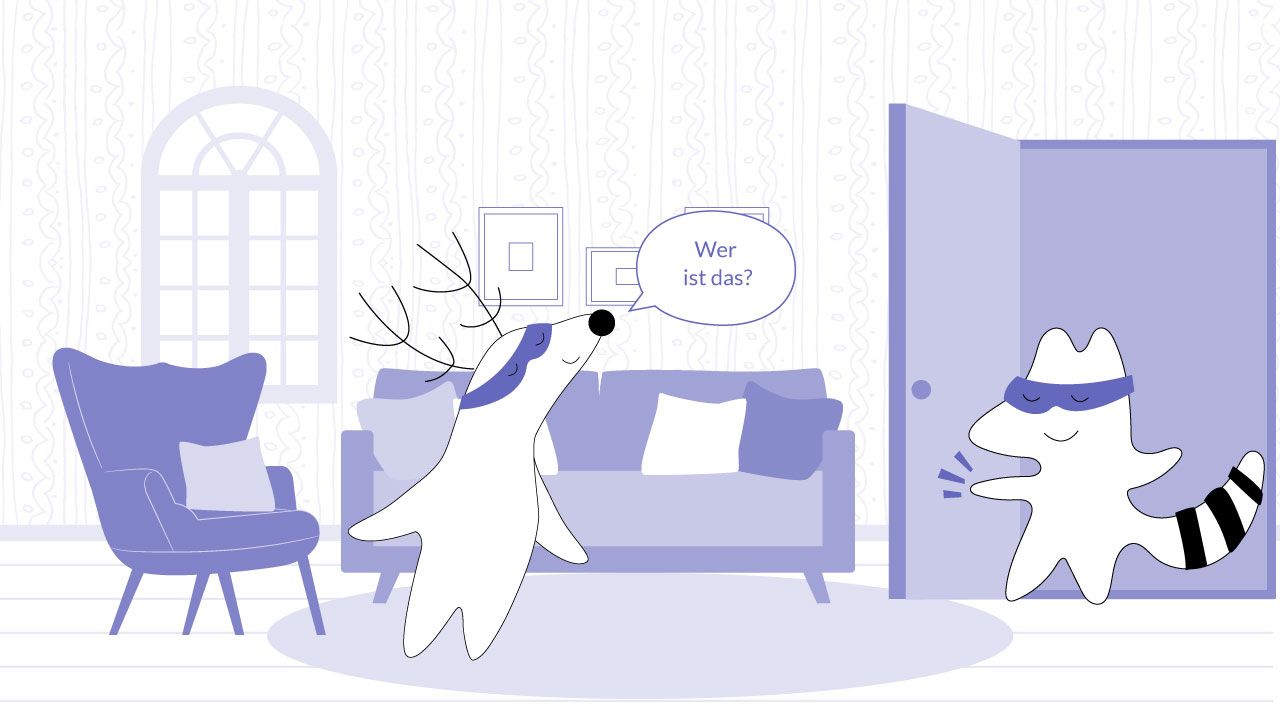
Wann?
Wann is a German question word meaning “when.” It is used to ask about the time of an event, whether something happens regularly or not, and how often something occurs.
Here are some examples:
German
English
Wann kommst du nach Hause?
When are you coming home?
Wann bist du geboren?
When were you born?
Wann hast du Zeit?
When do you have time?
Wo?
Wo is the German question word for “where.” It can be used to ask about the location of something, whether it is a physical place or an abstract one. Here are some examples:
German
English
Wo bist du?
Where are you?
It can also be used as a relative pronoun:
German
English
Ich weiß nicht, wo er ist.
I don't know where he is.
However, asking “where?” is not that simple in German. While in English, we use just one word for that purpose, in the German language, there are three of them that can be used based on the context. Wo is used to ask where someone or something is.
Woher?
Woher, a combination of the question word wo and suffix her is used to ask where someone is coming from. The accent here is in the direction towards the speaker.
German
English
Sie fragte mich, wo ich herkomme.
She asked me where I come from.
The suffix her can also be placed at the end of a sentence, as in:
German
English
Wo kommst du her?
Where are you coming from?
It can also be put as a prefix before a verb – in that case, it will indicate direction toward the subject.
German
English
Kannst du mal herkommen?
Can you come here?
Wohin?
Wohin, another variation of the question word wo, is used to ask where someone is going, or “where to?” The accent is in the direction away from the speaker.
German
English
Wohin gehst du?
Where are you going?
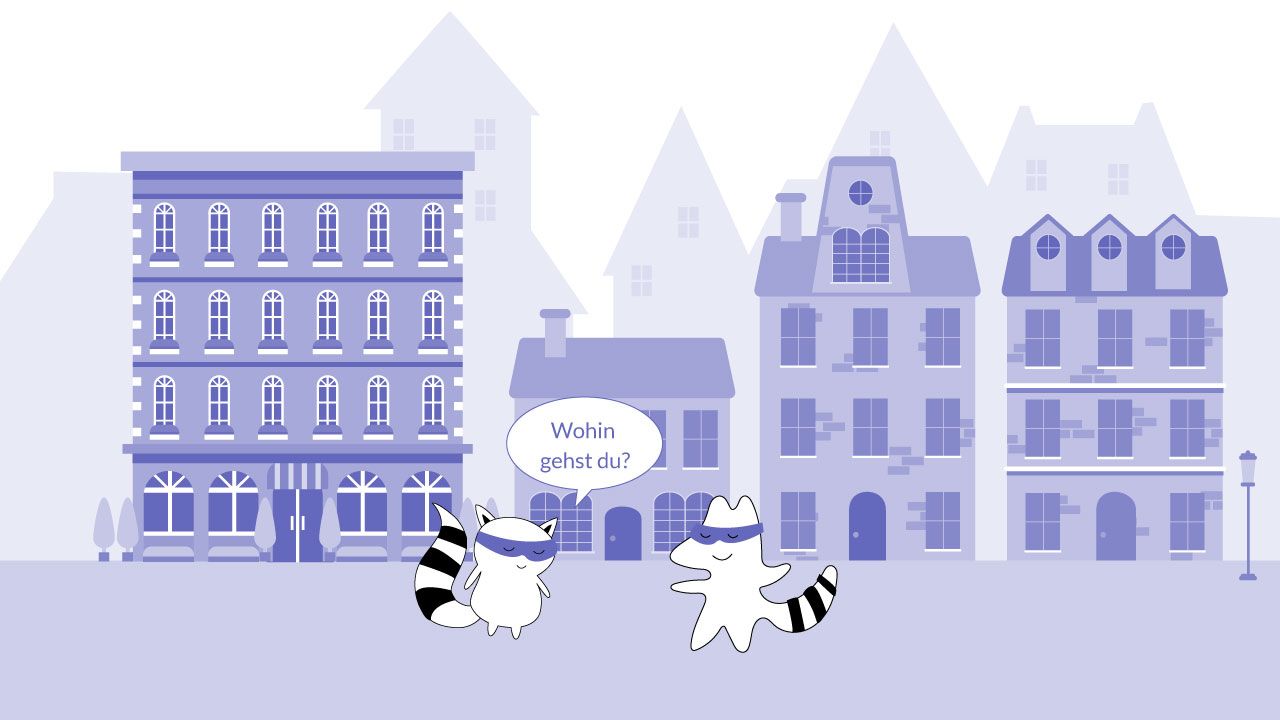
Just like woher, it can be put at the end of the sentence:
German
English
Wo fahren wir hin?
Where are we going?
Wohin can also be used on its own or as a verb prefix to indicate the direction of where someone is going or something is placed. For example:
German
English
Wo willst du hingehen?
Where do you want to go (to)?
Wo rennst du hin?
Where are you running?
Warum?
Back to the simpler questions: warum. This German question word is used to ask “why.” It can be used in different contexts, whether you want to know the reason for something or someone’s action. For example:
German
English
Warum bist du hier?
Why are you here?
Warum machst du das?
Why are you doing this?
Just like other question words, it can also act as a relative pronoun and introduce a subordinate clause:
German
English
Ich weiß nicht, warum er kommen soll.
I don't know why he should come.
Wie?
And finally, this is where everything gets a bit more complicated. The German word wie basically means "how" – but not always. It depends on the context. For example, you can use it in basic “how” questions the same as in English:
German
English
Wie geht es dir?
How are you?
Wie alt bist du?
How old are you?
However, you will also use it as “what” in questions such as:
German
English
Wie ist das Wetter?
What’s the weather like?
Wie spät ist es?
What time is it?
Such confusion arises because in German and English, the same idea is expressed differently. So, when in English, you’d ask “What is your name?”, German speakers would say “How are you called?”
And, even though translating the English phrase literally to “Was ist dein Name?” would be valid, it’s more common to ask in German Wie heißen Sie? (formal) or Wie heißt du? (informal). Wie ist dein Name? (how is your name?) is another common phrase.
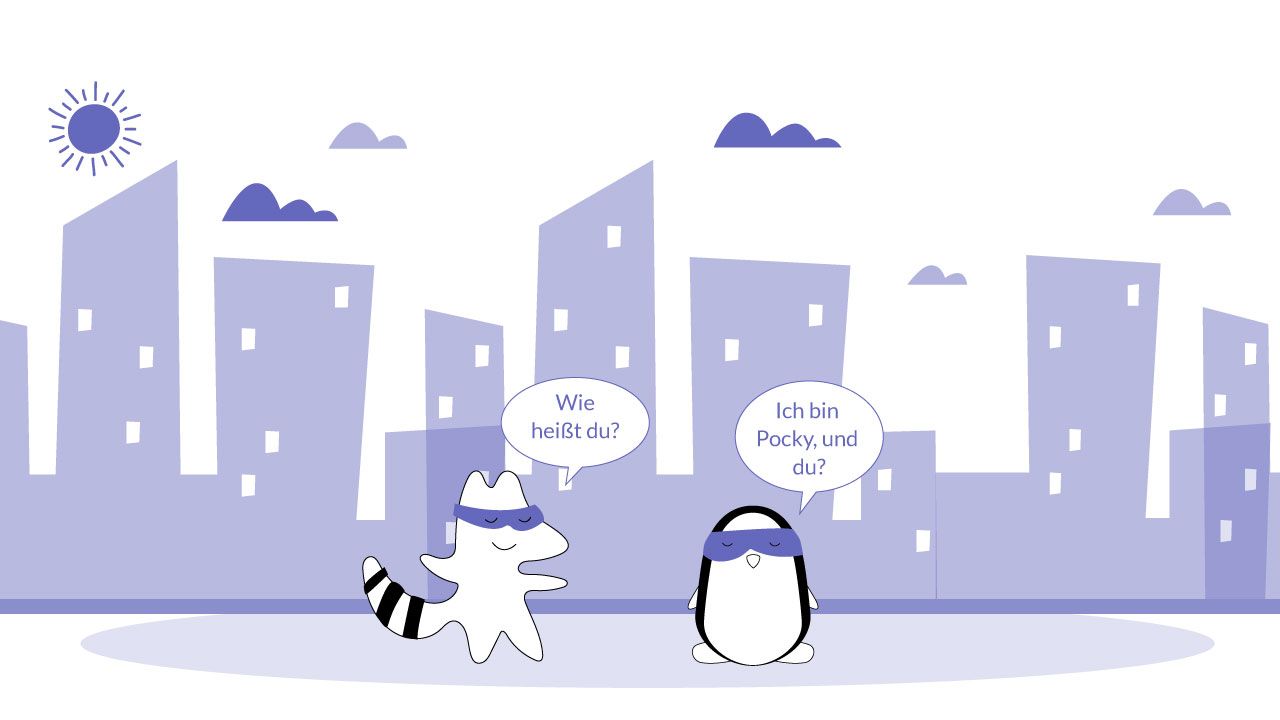
Fortunately, Germans most often use wie and was the same way English speakers do. The best thing you can do here to manage the difference between them is to memorize the common wie-questions that translate as “what” to English. For example:
German
English
Wie bitte?
What did you say?
Wie viel? and Wie viele?
These German question words are actually pretty simple to learn: they are used to ask “how much” and “how many,” correspondingly.
German
English
Wie viel Milch haben wir?
How much milk do we have?
Wie viele sind wir?
How many of us are there?
We use wie viel to talk about uncountable nouns and wie viele to talk about countable nouns. But, remember that many nouns are countable in German that are not countable in English, and vice versa. Moreover, depending on the context, you can sometimes use both these questions with the same noun, such as:
German
English
Wie viel Pizza möchtest du?
How much pizza do you want?
Wie viele Pizzen hast du gegessen?
How many pizzas did you eat?
Sentence Structure of German Questions
In German, the sentence structure in questions can be a bit tricky to manage. There are three rules when it comes to this:
- When we ask the question using the interrogative adverbs (when, why, how, and where), the subject and verb swap places.
German
English
Woher kommst du?
Where are you from?
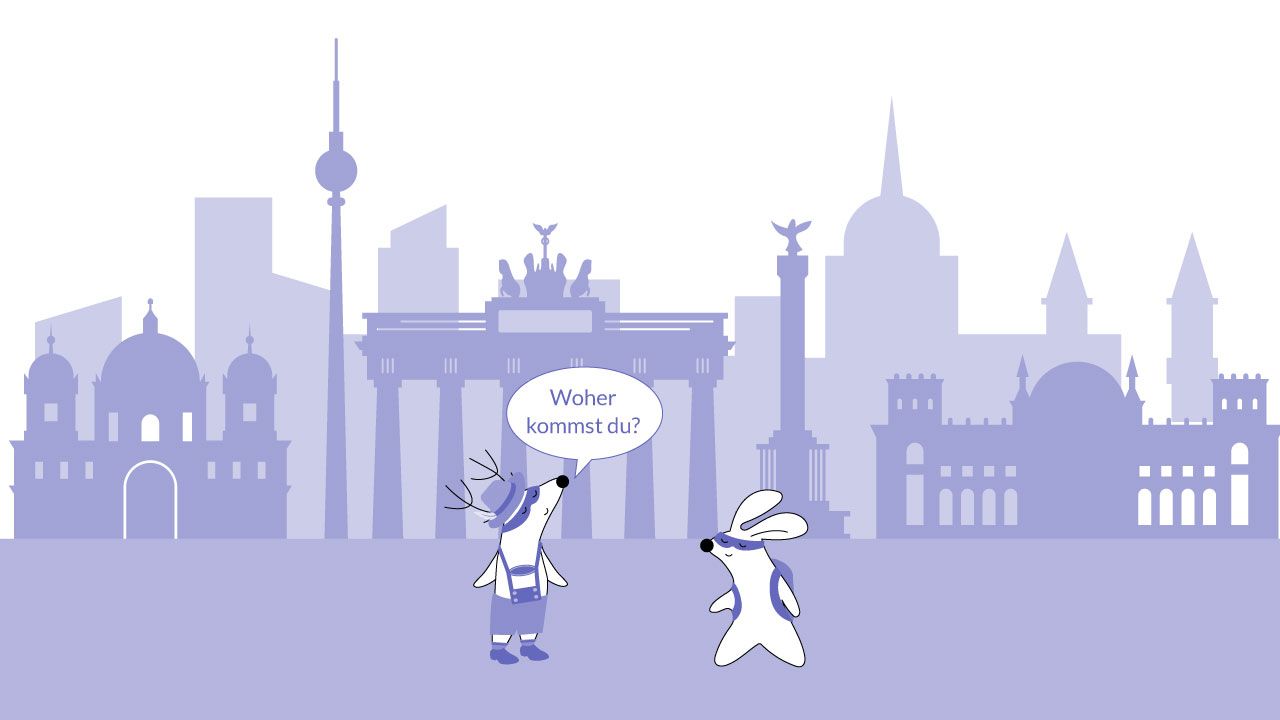
- If we ask the question using an interrogative pronoun (who or what), and it is the subject of the verb at the beginning of the clause, the regular word order doesn’t change:
German
English
Wer sah sie?
Who saw her?
- On the other hand, if the interrogative pronoun is not the subject of the sentence, the subject and verb swap places:
German
English
Was machen Sie?
What do you do?
There’s also one thing you need to know when it comes to indirect questions (when someone is asking or wondering) – the verb will always come last, at the end of the question:
German
English
Sie fragte, ob du mitkommen wolltest.
She asked if you wanted to come.
Learning German Doesn’t Have to Be Hard
German question words can be confusing at first, but with a little practice, you'll get the hang of it. Hopefully, this overview of German interrogatives will help make things a bit clearer. We've gone over the different types of question words and explained how to use them in various contexts.
Now, with this knowledge under your belt, you're ready to start mastering the nuances of German grammar. So, practice a little bit, and don’t be afraid to dive deeper into the language. Trust us: when you know the basics, dealing with everything else won’t be too hard.








